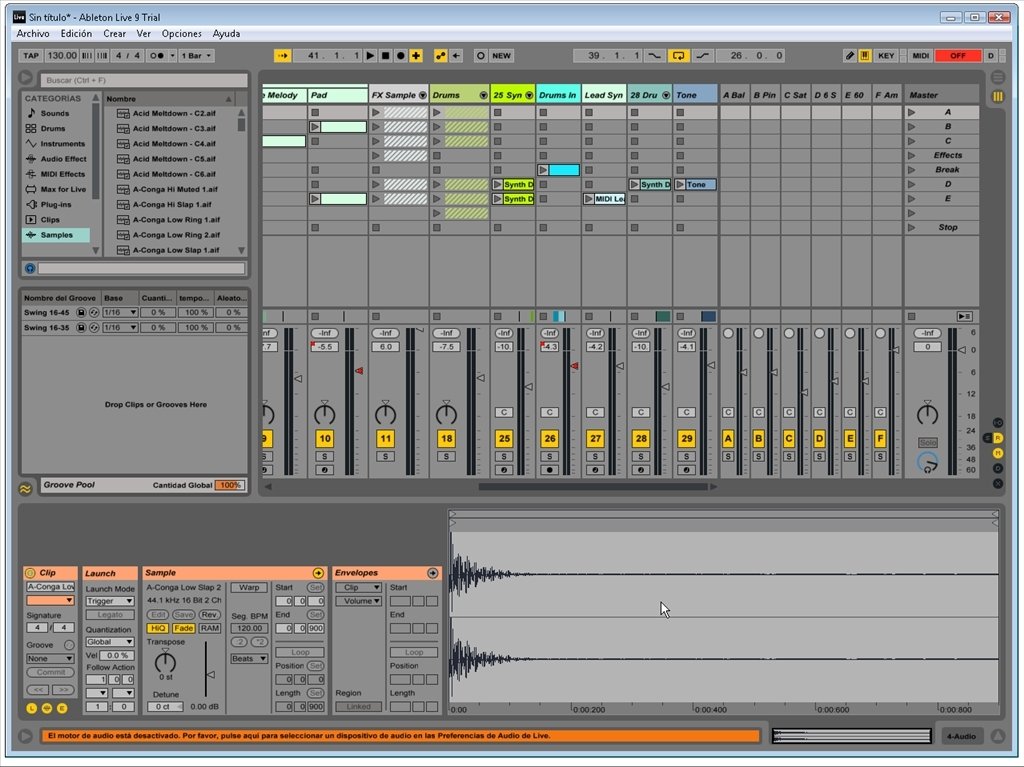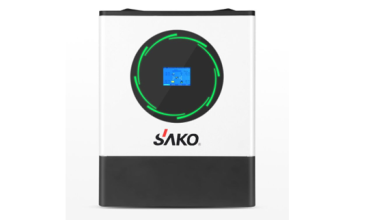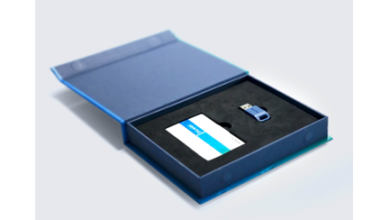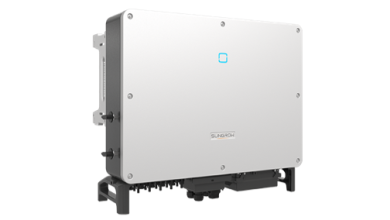Why residential energy storage is the future of sustainable living

The world is changing, and so are our homes. With the rise of sustainable living and renewable energy sources, FOXTHEON residential energy storage has become an increasingly popular topic among homeowners looking to reduce their carbon footprint while also saving money on their electricity bills. In this blog post, we’ll explore why residential energy storage is truly the future of sustainable living, from its environmental benefits to its potential for revolutionizing the way we power our homes. So if you’re curious about how you can make your home more eco-friendly and cost-effective at the same time, read on!
Residential Energy Storage
In order to live more sustainably, many people are turning to residential energy storage. This is because it can help reduce the amount of electricity that needs to be produced by a household or business. Energy storage can also help reduce the amount of greenhouse gases that are released into the atmosphere.
There are many different types of residential energy storage systems. Some systems use batteries to store energy from solar panels or wind turbines. Others use devices that capture and use heat from the earth to store energy.
There are a number of reasons why residential energy storage is becoming increasingly popular. One reason is that it can be cost-effective. In some cases, it can be cheaper to install a residential energy storage system than it is to buy an electric vehicle or a solar panel system.
Another reason why residential energy storage is becoming popular is because it helps promote sustainability. By using energy storage, households and businesses can reduce their reliance on grid-based electricity sources. This can help reduce the amount of greenhouse gas emissions that are released into the atmosphere.
Benefits of Residential Energy Storage
In today’s world, sustainability is becoming more and more important. One way to achieve sustainability is to reduce our reliance on fossil fuels. Residential energy storage can help us do just that.
Residential energy storage can provide an immediate response to fluctuations in electricity supply. This can help stabilize the grid and reduce the need for expensive backup generators.
It can also help us reduce our carbon footprint. When we use less electricity, we reduce the amount of CO2 that’s released into the atmosphere.
There are a number of other benefits to residential energy storage: it can be used as an emergency backup power system, it can create a home-based microgrid, and it can provide economic stability during times of high demand or low supply.
Conclusion
With the rise of renewable energy, sustainable living is becoming more popular. But what does that mean for the future of energy? For one, it means we need to find ways to store excess solar or wind power when it’s not necessary. That’s where residential energy storage comes in—it allows us to store power on site rather than relying on centralized sources like the grid. Residential energy storage isn’t just important for sustainability; it’s also important for security and reliability. By storing our energy locally, we can avoid outages and ensure that we have enough power when we need it most.





